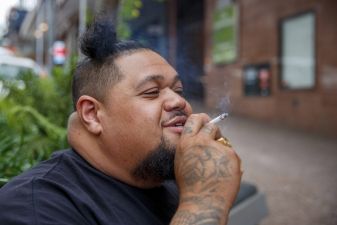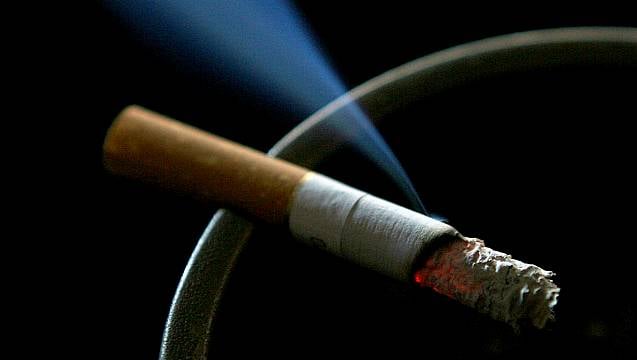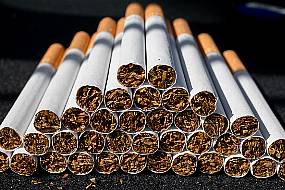New Zealand recently announced it will ban young people from buying cigarettes for life, one of the toughest approaches in the world to curbing smoking deaths.
It is already one of 17 countries where plain cigarette packaging is compulsory and which bans sales to anyone under 18.
In Ireland, the HSE is exploring the possibility of a similar ban on the sale of tobacco as well as other measures to bring down the number of people who smoke in Ireland,
What is New Zealand trying to accomplish with the ban, and what would it mean if Ireland implemented similar measures?
What is New Zealand bringing in?
New Zealand plans to make it illegal to sell cigarettes to anyone aged 14 and under from 2027. The ban will remain in place for the rest of the person's life. That means a person aged 60 in 2073 will be banned from buying cigarettes, while a person aged 61 would be allowed to do so.
Health authorities in New Zealand say smokers typically take up the habit during youth, with four in five New Zealanders who smoke beginning by age 18 and 96 per cent by age 25. By stopping a generation from taking up smoking, they hope to avoid about 5,000 preventable deaths a year.
Under the proposed legislation, which the government plans to bring into law by the end of next year, it will first limit the number of stores that can sell cigarettes from 2024.
It will then lower the level of nicotine - the most addictive ingredient - in cigarettes from 2025, to make them easier to quit. Finally, it will bring in the "smoke-free" generation from 2027.
How will it be enforced?
New Zealand authorities have not said how they plan to police the ban, or which retailers would be barred from selling tobacco products. More detail is expected to be provided when legislation is brought before parliament next year.
A Maori taskforce involving tobacco control and public health experts will consult on the plan, which the New Zealand government wants to make law by the end of 2022.
The New Zealand government says it wants to introduce the changes in phases to lessen the economic shock on retailers and give people with mental health issues - a group with far higher smoking rates - time to manage the change.
What is the Irish Government considering?
A complete ban on the sale of tobacco and a sharp reduction in the number of outlets allowed to sell them are two of the strategies being explored to help eradicate smoking in Ireland.
As the Irish Times reports, making the tobacco companies pay for massive health costs taken on by the State caring for people who are sick or dying from nicotine addiction is another option being explored by the HSE.
Each week in Ireland, 100 people die and 1,000 people are hospitalised because of tobacco use, according to the HSE.

The research is to explore levels of public support for banning or severely limiting the sale of tobacco products, including the proposed limiting of tobacco sales to a substantially reduced number of licensed retailers, or to pharmacies only.
It will also explore banning the sale of tobacco products near schools and universities, and reducing the affordability of tobacco products by way of tax increases of up to 20 per cent a year.
Also to be examined will be levels of support for reducing the nicotine content of tobacco products to make them less addictive, banning filters and a requirement that individual cigarettes – as well as packets – should bear health warnings.
Moves targeting the tobacco industry that will be explored include banning tobacco representatives from meeting government, and requiring tobacco companies to pay the health service for tobacco-related health costs. – Additional reporting: Reuters







